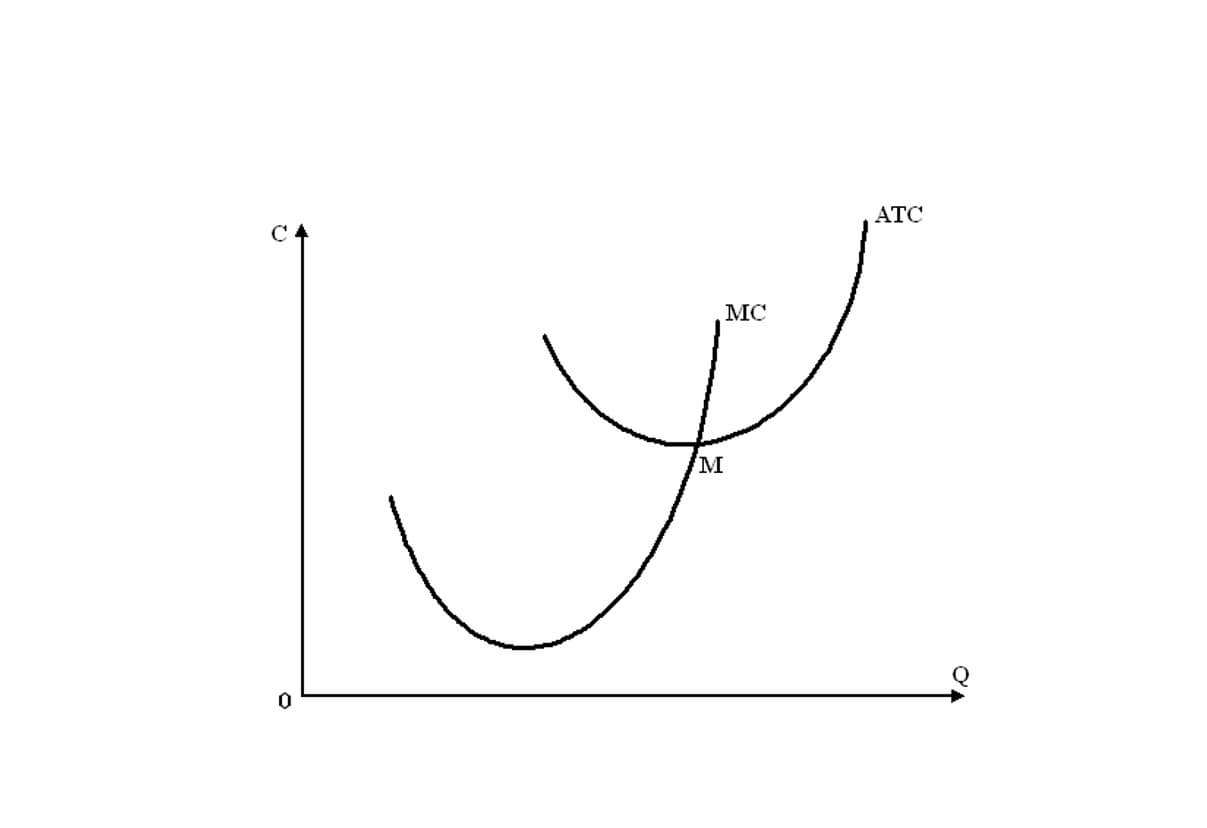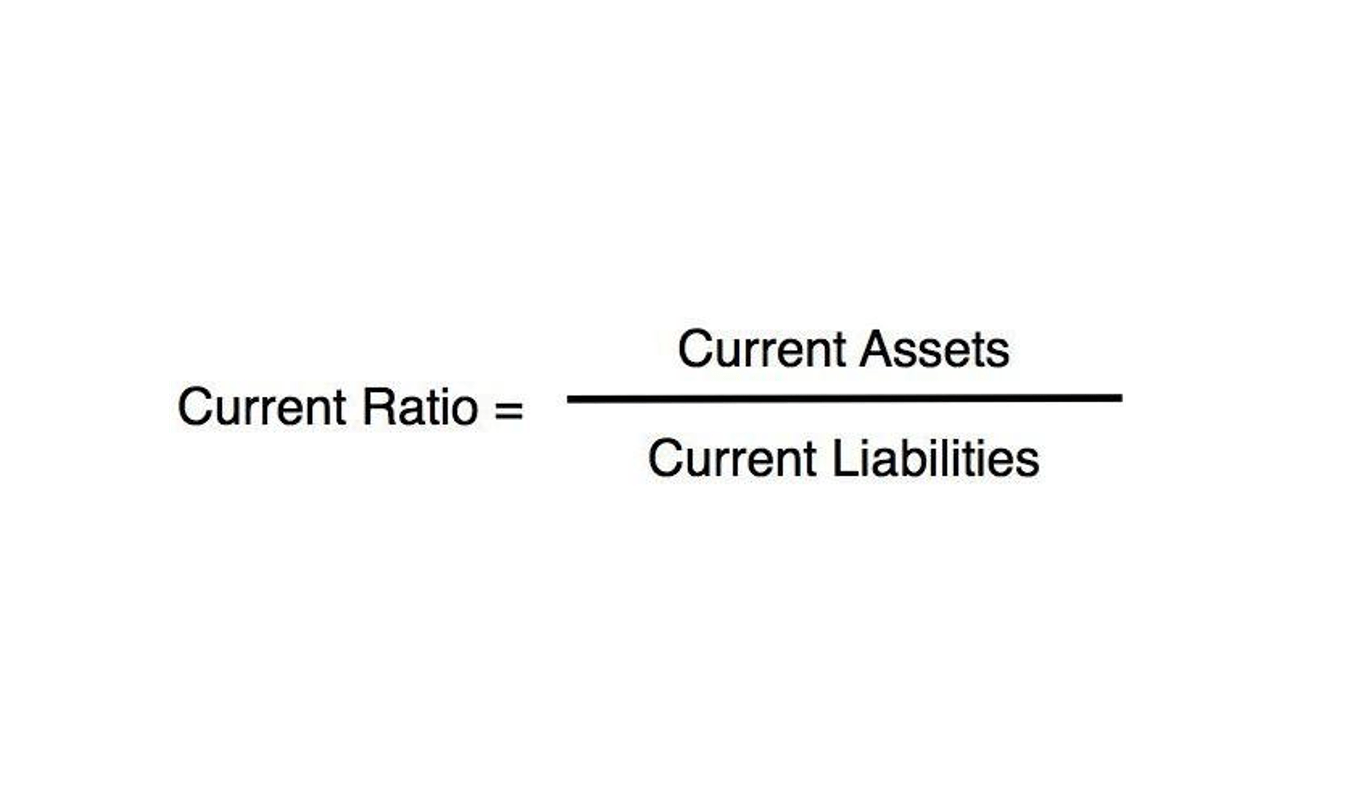
You might also need a separate bill every month or every quarter that shows the additional costs you still have to cover, which are typically due upon receipt. Many people think that a retainer and retainer agreement is precisely the same. But in reality, you might pay an attorney $500 upfront in exchange for hiring them to give you legal advice on one case. This amount that you pay is called the retainer, and with that money, you retain their services or hire them and their services.
When Do Legal Cases Demand a Retainer?

Lawyers determine this fee by estimating the hours needed for a case and multiplying it by their hourly rate. This fee is paid before any work begins, and as lawyers work on the case, they deduct their fees from the retainer, held in a dedicated account. Retainer fees are an upfront or advance payment that a client pays to its lawyers for future legal services.
Reconciliation in Accounting: Everything You Need to Know
If the lawyer does not bill the client as required and makes use of the money for their own benefit, this should lead to a dispute between the attorney and the client. If the violation causes the client losses, the lawyer may need to pay for the economic damage to the retainer fee client. Additionally, sending clear and timely invoices keeps clients in the loop and creates a seamless billing experience with your law firm.
Choose a Lawyer with Transparent Practices:
Understanding how do legal retainers work is crucial when entering into an agreement with an attorney. You may also decide that other alternative fee arrangements are a good fit for your firm. Cloud-based practice management solutions, like Clio, make it easy to offer this range of payment options. For instance, an attorney may agree to represent a client in a personal injury case in exchange for 35% of the total settlement, if the case is settled before the case goes to trial. Then the fee may increase to up to 50% of the total recovery if Partnership Accounting the case proceeds to trial.
- Factors such as the complexity of the legal matter, the time it’s expected to take, and the lawyer’s hourly rate may all influence the retainer amount.
- After the client has an initial consultation with a lawyer about the case and decides to work with him.
- In this article, Best Lawyers breaks down exactly what a retainer fee is, why lawyers utilize them and what clients should expect when seeking legal guidance.
- It’s important to discuss expenses upfront with your lawyer and ensure that they are clearly outlined in the retainer agreement.
- An advance retainer involves prepaying for services the client is expected to need.
Clients also win as they gain confidence in knowing that they’ll have access to a lawyer’s time for future needs. The goal of a security retainer is to ensure you actually have the funds to pay for legal services you’re seeking. You may be asked to put more money into this trust account after all of the initial fees have been paid out. Before you hire a law firm for legal services, one of the main things you will discuss with the attorneys is legal fees. You have to make financial sense of how much money you will pay with an upfront payment, an hourly payment, a lump sum, and so forth.

 Are there any risks associated with paying a retainer?
Are there any risks associated with paying a retainer?
And, you may be required to pay a general retainer if a firm is highly specialized or skilled and is in demand. When you pay a security retainer, the money goes into a trust or an escrow account (this is sometimes called an IOLTA account, short for “interest on lawyer trust’ account). The money earns interest, but neither you nor your lawyer get the interest. The interest usually goes into a state charitable fund to pay for legal services for those who cannot afford them.

Depending on the terms of the agreement, the retainer may need to be replenished as it is depleted. Retainer agreements are essential for establishing the terms and expectations of legal services. Whether through an hourly, flat fee, contingency, or hybrid arrangement, understanding the structure of your retainer agreement is key to ensuring a smooth legal process. It is important to discuss unearned revenue and clarify the terms of the agreement with your lawyer to ensure it suits the nature of your legal matter and your financial considerations. Earned and unearned retainer fees are two forms of retainer fees utilized in attorney fee agreements. Unearned retainer fees are payments that are made in advance by a client in order to acquire the services of a lawyer that have yet to be earned by the lawyer.
You provide a brief description of your legal issue, and we match you with attorneys who have the right expertise. So, while not always legally required, having a written retainer agreement is usually in the best interests of both parties involved in a legal matter. The attorneys at Roop Xanttopoulos Babounakis & Klam PLLC provide their legal expertise and personal attention to all of their clients, treating them with dignity during difficult family law cases. As a result, the specifications of representation are complete in a retainer agreement as to the services to be rendered, the fee, and other conditions. When selecting a lawyer, it’s essential to consider factors such as their experience, expertise in the relevant area of law, reputation, and fee structure.

The way you pay an attorney depends on the type of case and whether you want one-time work or a continuing relationship. If your lawyer concludes your case without having spent the whole retainer, you are entitled to have the remaining money given back to you. Based on this information, it is important to remember that these are simply anecdotes and averages based on a selection of lawyers across the United States.
